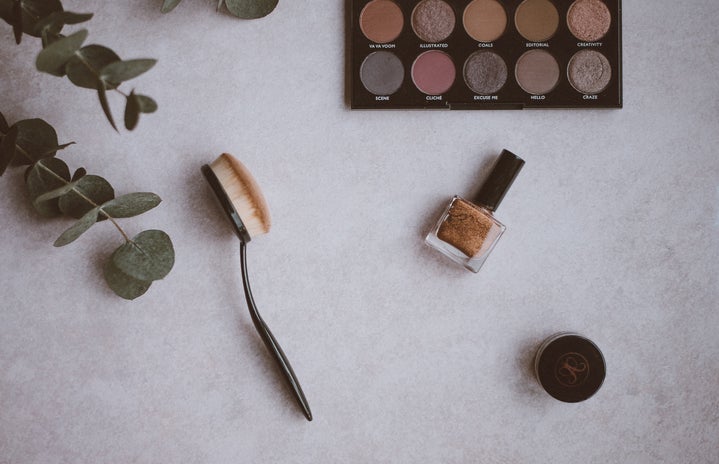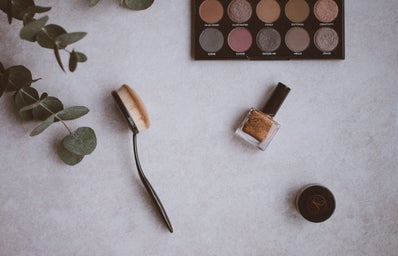Having severe acne is often a very isolating experience. Although it happens to everyone, taking over the world feels significantly harder when your face is red and irritated.
Last year, I suffered from moderate to severe acne from a breakout that had been developing for months. Many times I arrived at Walgreens, distressed, with at least 30 zits on my face, desperate to find a cleanser, a cream, anything that could control what I was going through.
Credit: Refinery29
Most days, I felt helpless whenever I saw my reflection in a mirror. I felt disheartened every time I scrubbed my face as gently as I could, but still felt all the bumps of my cheeks. I would break down inside whenever someone pointed out my inflamed skin and tried to understand why they felt the need to tell me that I had to do something about my skin, as if I hadn’t even noticed.
After two months of trying to cure my breakouts with over-the-counter creams and supplements, I knew that I needed to seek out medical help and booked an appointment with my dermatologist. When she looked at me, she immediately knew that I had severe hormonal acne and I was prescribed the “cure for acne,” isotretinoin, commonly referred to as Accutane, a discontinued brand of isotretinoin.
Isotretinoin, as described by my doctor, was like an overdose of Vitamin A. It wouldn’t fight the acne antimicrobially, but it would dramatically reduce the production of sebum (oil), making my skin a less favorable home for the acne.
Before going to her office, I had read about Accutane in forums and had seen its extraordinary results as well as its possible side effects. One of its most dangerous side effects is the possible malformation or death of a fetus in pregnancy. To avoid this, the FDA has this drug extremely regulated through a program called iPledge. Through his program, as a fertile female, I was required to take birth control and bring in a negative pregnancy test to every appointment in order to get my monthly prescription.
After two months of treatment, I finally started seeing results during October. My blemishes started to subside and I noticed how significantly less bumpy my cheeks felt when I washed my face. Although I still had bright red marks, I knew that those would fade overtime. It takes patience, but you have to have faith that there is a light at the end of the tunnel.
It’s been six months since I stopped taking Accutane. My skin resumed its regular production of sebum (or oil) and I have gotten the occasional zit, but it’s nothing like what it used to be.
Acne is a unique process that’s different for everyone. Through my experience, I learned the importance of patience and the tough reality that acne happens to good people too.
If you’re currently struggling with acne, I implore you to educate yourself first. Read medical texts and look at pictures online to familiarize yourself with your body. If drugstore products haven’t responded well enough, don’t hesitate to get evaluated by a dermatologist; you may end up saving a ton of money and months of suffering.



